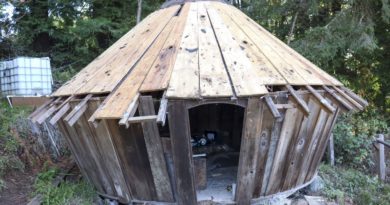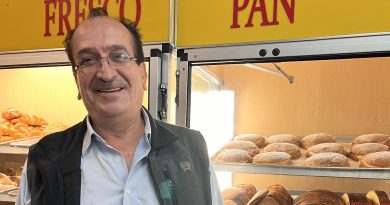I’m tired of talking about rocks… what about the people?
Being a Black student in a predominantly white institution can be difficult, and even more difficult in spaces such as environmental studies. As my classmates flow into the room with over priced Hydroflasks and Patagonia sweaters, it’s apparent that I don’t and will not ever fit into the mold of what environmental studies looks like.
I sit surrounded by die-hard vegans, whale advocates and bleeding-heart Liberals who are quick to call out Trump but slower to check their internalized anti-blackness and the access provided to them by white privilege.
If it wasn’t for professors like Depti Chatti, Ph.D, I admittedly would not have seen the necessity of social justice and activism within the field of environmental studies.
There is a need for diversity in faculty and curriculum that is more progressive and inclusive and includes voices of those least heard in environmental spaces– Black women, Indigenous women, women of color and people from the BIPOC LGBTQ+ community. The time is far gone for having classes about community and society taught by the currently dominant power structure–cisgender white men.
After getting adjusted and narrowing my focus within environmental studies, I have been able to find my niche within prison ecology and land liberation with the aims to dismantle systemic racism by putting an end to food apartheid. I am currently working on a Black land liberation project through the African American Center for Academic Excellence, with a focus on food autonomy. It is to highlight how systemic health inequalities stemming from redlining and racism can be counterbalanced by shifting to a societal model based on communal farming and reciprocity.
Ruth Wilson Gilmore, a leading prison ecologist, highlights the prison industrial complex in a way that makes sense on an environmental level. Trucking highways built to go to prisons cut through low-income neighborhoods. Rates of asthma rise, rates of school absence rise due to health issues and subsequently, rates of incarceration rise. Over-policing of urban areas is focused due to rampant police brutality, but as we think towards abolition, we must also think towards sustainability and how to work with the land as the Indigenous people of this land have for centuries and continue to do so today.
It is startling to think about the complex interwoven web of eco-capitalism and genocide that takes place in Black, Latinx, Indigenous, immigrant and poor white communities across America. What is happening is nothing short of an environmental crisis.
The unlearning and relearning process of environmental studies major at HSU has a rollercoaster of emotions, ego deaths, and calls to be activists when you’re home at the table with your parents on break.
The access to nature provided in Humboldt is healing. You might catch me foraging in the rain or surfing under camel rock, hiking the Lost Coast trail and burning my sock. I’m worried about the bees being transported for pollination and the pollution ruining the bird population. But next time you think about birds and the bees, think about the kids who don’t get to see trees; the ones that can’t breathe.
This piece was originally published in the Humboldt State University Environmental Studies Newsletter, Spring 2021.




